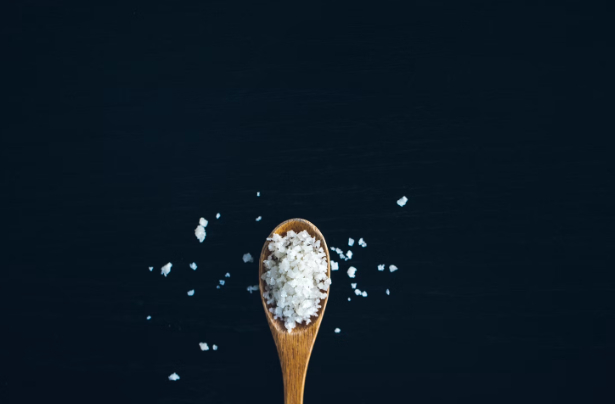According to a recent CNN news report, adding salt to your food at the dinner table could lower your life span and put you at risk for early death.
But does this mean that salt is bad for you altogether?
Does it mean that you should stop eating extra salt completely?
These are important questions. And in this blog post, we’re going to delve into them and talk about it.
Let’s get started.
A Lot Of People Are Eating Too Much Salt
This particular news report was referencing a study performed between 2006 and 2010.
Basically, the study showed that people who tended to add more salt to their food tended to be at an increased risk for early death.
But this doesn’t necessarily mean that ‘salt is bad for you’ either.
As it turns out, there’s a bit more to the story.
How Much Salt Should You Eat?
According to the American Heart Association, adults should consume no more than 1,300 milligrams of salt per day. They also say that the ‘ideal limit’ is even less than that, measured out to 1,500 milligrams per day.
The human body actually only needs about 200 to 500 milligrams of salt per day to survive.
So when you heavily salt your food, you may be significantly increasing your daily salt intake—and blowing past these numbers.
However, there’s still another important question that needs to be asked—and this is the question of how much salt is in the typical American diet.
How Much Salt Is Already In Our Food?
See, we all know that the average American diet probably contains too much salt.
And honestly, what it really may come down to is this.
A diet filled with processed foods that are loaded with salt is really the culprit to blame for this.
As you’re going to see—if people were to eat more whole foods and healthier diets, adding salt to the food probably wouldn’t be such a big problem.
Get this—one popular ‘fast food meal’ from a very popular fast food restaurant typically contains well over 1,000 calories. But this same meal may contain close to (or even more than) 1,300 milligrams of sodium.
That’s almost your entire allotment of salt for the entire day—in one meal!
Compare this to the levels of sodium found in a ‘whole food’ meal consisting of 1 skinless chicken breast (75mg), 1 banana (1mg), 1 cup of blueberries (1mg), and 1 sweet potato (75mg), and you can see that the difference is startlingly different.
At this rate, eating whole foods, you would almost need to add a bit of salt to your food to get up to the 500mg sodium limit needed for humans to really survive and thrive.
This is markedly different from the average 3,400 mg of sodium that the average American consumes on a daily basis!
Conclusion
As it turns out, all of this talking about how ‘salt is bad’ is really the wrong conversation to be having.
The true answer to the problem is probably to eat less highly processed food, and to consume more ‘whole foods’ that’ll actually nourish your body and help you to achieve better, more optimal health and wellness outcomes.







